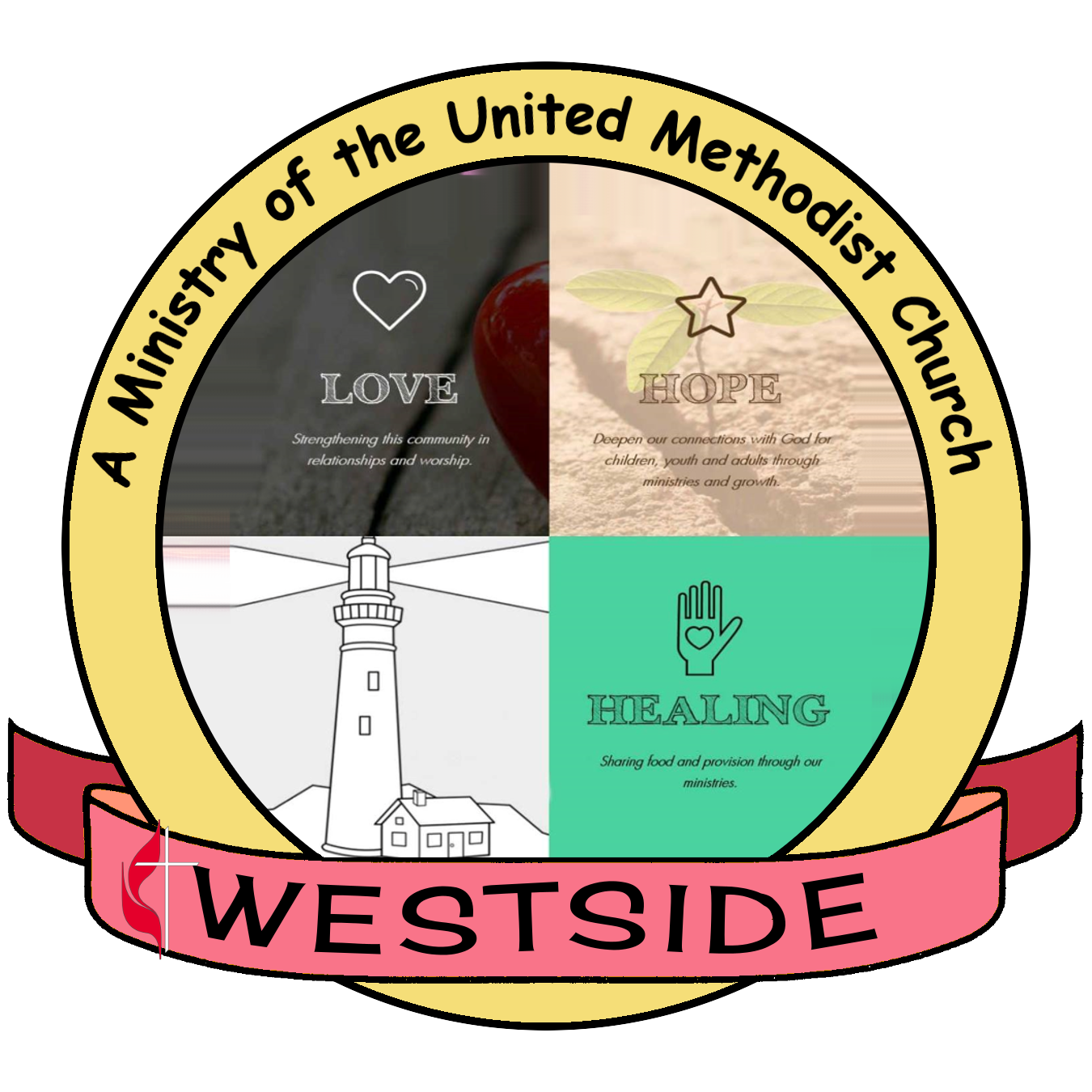The book of Isaiah can be divided into three “servants” -- a “faithless servant,” an “almost faithful servant,” and “The Faithful Servant.” This is not a division of the “whole” but of the main figures addressed within the prose/historical sections, King Ahaz, King Hezekiah, and then God’s Faithful Servant, whom we say points to Jesus. The book can also divide between judgment (chapters 1-39) and restoration (chapters 40-66), even though a subtheme in the judgment section also is “trust.” For within that section, the first 39 chapters, the people, and these two kings waver in who to trust, various superpowers and gods of their own making, or the Living God. Did you notice the book has the same number of chapters as the Bible has books? And did you notice the book divided as scripture can be divided between judgment (the Old Testament) and restoration (The New Testament)? This astounds me about the book of Isaiah. God spoke 66 sermons through this prophet which were then arranged theologically into the form that we find in the Bible.
We are spending some weeks within this book -- listening to the God who yet speaks and still calls us to trust, to ask for signs, to believe in His work, and to be a people of worship. God still speaks through the passages of this book telling them and us, “though your sins are as scarlet, they shall be white as snow.” We all need to hear that. And God still speaks, saying, “Comfort, comfort my People.” The passages of this book evoke powerful images of God’s saving grace, so much so, that much of Handel’s great choral piece “The Messiah” was from passages directly lifted from this book.
In this season of the life of the church -- the season fraught by questions, deep conversation, and the uncertainty of a future we cannot see, with a new pastor, and perhaps a different kind of greater church structure -- we need to come back to basics, to foundational truth, to the voice of the Good Shepherd which we can find in this book.
Don’t miss this sojourn for I have found that Isaiah captivates the heart and mind and calls us to trust and submit to God in new ways. Come, worship!
